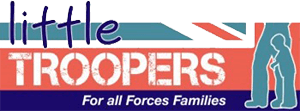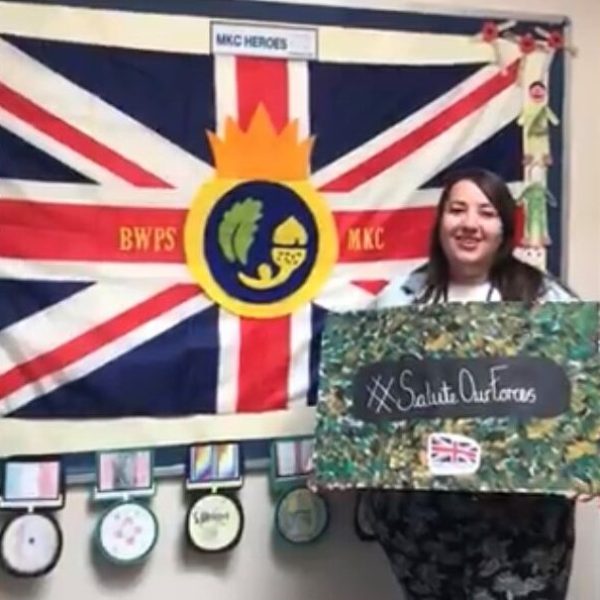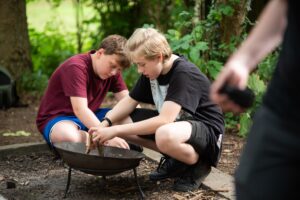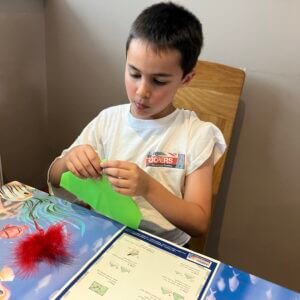Moving school often is one of the biggest challenges that many military children face. Rebecca Thomas, a Service Pupil Premium Champion from Kent, shares her experience of supporting service children through transition and explains how schools can improve their transition process.
Tell us about your role:
I am the Service Pupil Premium Champion at Brompton Westbrook Primary school in Kent. As part of the pastoral team, I focus on the schools practice when it comes to supporting our service children.
How many military children are there in your school?
Currently 20% of the children on roll are service children. Our school is located by The Royal School of Military Engineering at Brompton Barracks. As this is a training facility, we experience high levels of mobility amongst our service children, which makes our support all the more important.
What is the biggest challenge that schools face when supporting service children?
Communication with a child’s previous school can be a challenge. A lot of the time we have limited information when a service child joins us, especially when coming from overseas. This can make it tricky for a smooth transition.
How does your school support forces’ families?
I am the designated point of contact for all of our military families. I conduct induction tours for new families as they arrive and touch base with existing parents through coffee mornings and family events. We also have strong connections with the local Army Welfare team, which creates a wider community support network for our military families.
Throughout the year, I use the Little Troopers Separation Chit so that families can keep me informed of any changes at home, such as an up-and-coming deployment.
I also run out transition groups. Towards the end of the academic year, we have a lot of children being posted and transitioning to other schools across the country and overseas. Transition groups have worked well to guide children through how they are feeling, what to expect and to help say goodbye to friends and teachers. We feel that leaving transitions are just as important joining transitions as it sets the children off on the right start to their new adventure. As well as groups, a one-to-one session can also be helpful for a more targeted approach for those children who find change a little bit more challenging.
What initiatives or projects have worked particularly well?
Our Military Kids club is very successful across the school. The club runs once a week during lunchtime and is led by myself and a Community Development Worker from Army Welfare. We bring our service children together for emotional wellbeing support, as well as team building activities and mindfulness arts and crafts. The club is a great way to check in with all service pupils and to introduce new joiners to other children who share the experience of military life.
As well as a lunch club, we have an after-school cooking club for service children. This club is run with smaller groups so that we can facilitate group discussions about military life tailored to the age/year group of the children attending.
The Little Troopers online workshops are also very popular with our service children here at Brompton Westbrook. The sessions are a great opportunity to bring all the service children together for an interactive afternoon full of fun activities focussing on their military life experiences.
Why do you think it’s important to offer targeted support for military children in school?
Although service children show great resilience, their lives can be quite turbulent compared to their civilian classmates. Pastoral support is key when supporting a service child’s mental health and wellbeing, especially when a parent is away.
In addition to this, making friends comes naturally to some children, whereas to others it can be a nerve-racking experience, so much so, that some service children may choose to avoid making new friends as they know they will move again. Guidance and support through an initiative like our Military Kids Club can eliminate these social stresses to help children thrive in their new environment.
As well as social and emotional support, targeted educational support is also important for service children, especially those that frequently move around, as there may be some gaps in their learning.
What advice would you offer to other teachers and schools working with military children?
Having a key person to represent service children really helps to maintain and improve the support in place. It’s also important that all staff are aware of the challenges service children face and are trained in how to support a child dealing with these challenges.






